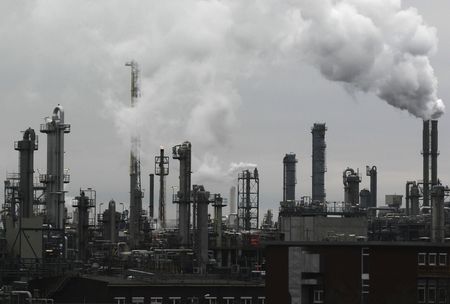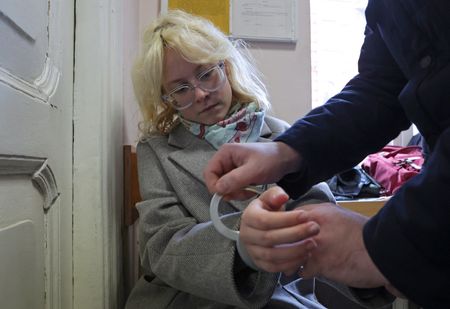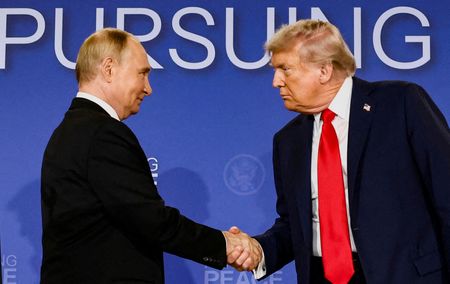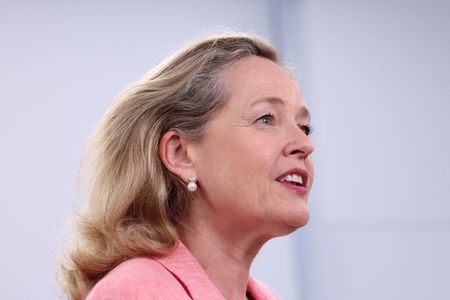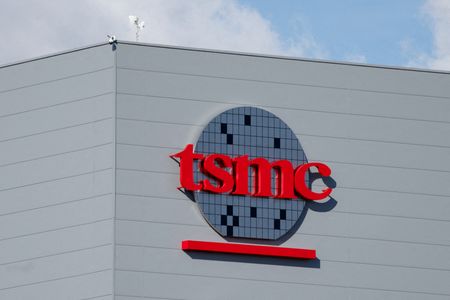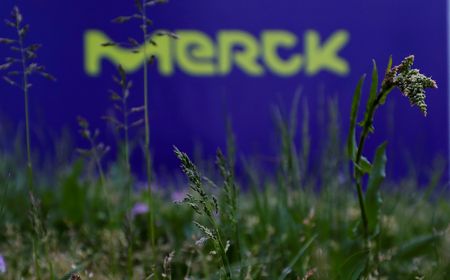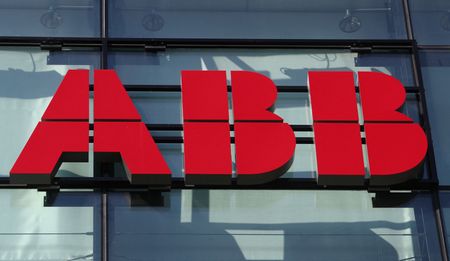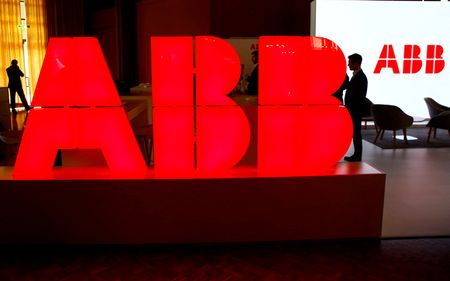By Kate Abnett
BRUSSELS (Reuters) -The European Union will offer development funding to countries affected by the bloc’s carbon border tariff, the European Commission said on Thursday, as it attempts to soothe developing economies’ concerns over the policy.
The EU’s carbon border adjustment mechanism (CBAM) will start imposing fees next year on the CO2 emissions of imported goods including steel and cement. The measure has faced criticism from trading partners including Brazil, South Africa and India, who say it penalises developing economies.
In a document setting out the EU’s priorities on climate and energy diplomacy, published on Thursday, the Commission said it would seek to support countries through “Global Europe”, a proposed 200-billion-euro ($233 billion) programme of international development funding in the EU’s budget for 2028-2034.
EU SAYS IT WON’T BACKTRACK, BUT NOT DEAF TO CONCERNS
“While CBAM gradually enters into application, we intend to maximise the contribution of Global Europe to developing countries’ decarbonisation and adaptation needs,” the document said.
“This would help alleviate concerns raised on EU legislation as well as strengthen partnerships and support broader regulatory reforms,” it said.
The funding could help developing countries invest in reducing emissions from industries and switching to clean energy – in turn, reducing their bill under the EU carbon border levy.
EU energy commissioner Dan Jorgensen said the bloc would not withdraw its climate laws in response to trading partners’ concerns. Rather, he said, Brussels wanted to focus on investing in clean industries that could benefit both sides – for example, production in Africa of renewable power and hydrogen, which the EU wants to import.
“To the extent that we can help these countries, we will be very open to do so, both with regards to looking at the possible funding arrangements, but also with regards to technical assistance,” Jorgensen told Reuters in an interview.
“We’re not going to back-track on the green transition… but we are obviously not putting a deaf ear to worries that partners have,” he added.
The EU document also set out plans to involve businesses more in the bloc’s energy diplomacy and to identify priorities for clean tech investments abroad, as Europe attempts to counter China’s dominance in manufacturing green technologies such as batteries and solar panels.
($1 = 0.8591 euros)
(Reporting by Kate AbnettEditing by Mark Potter)

